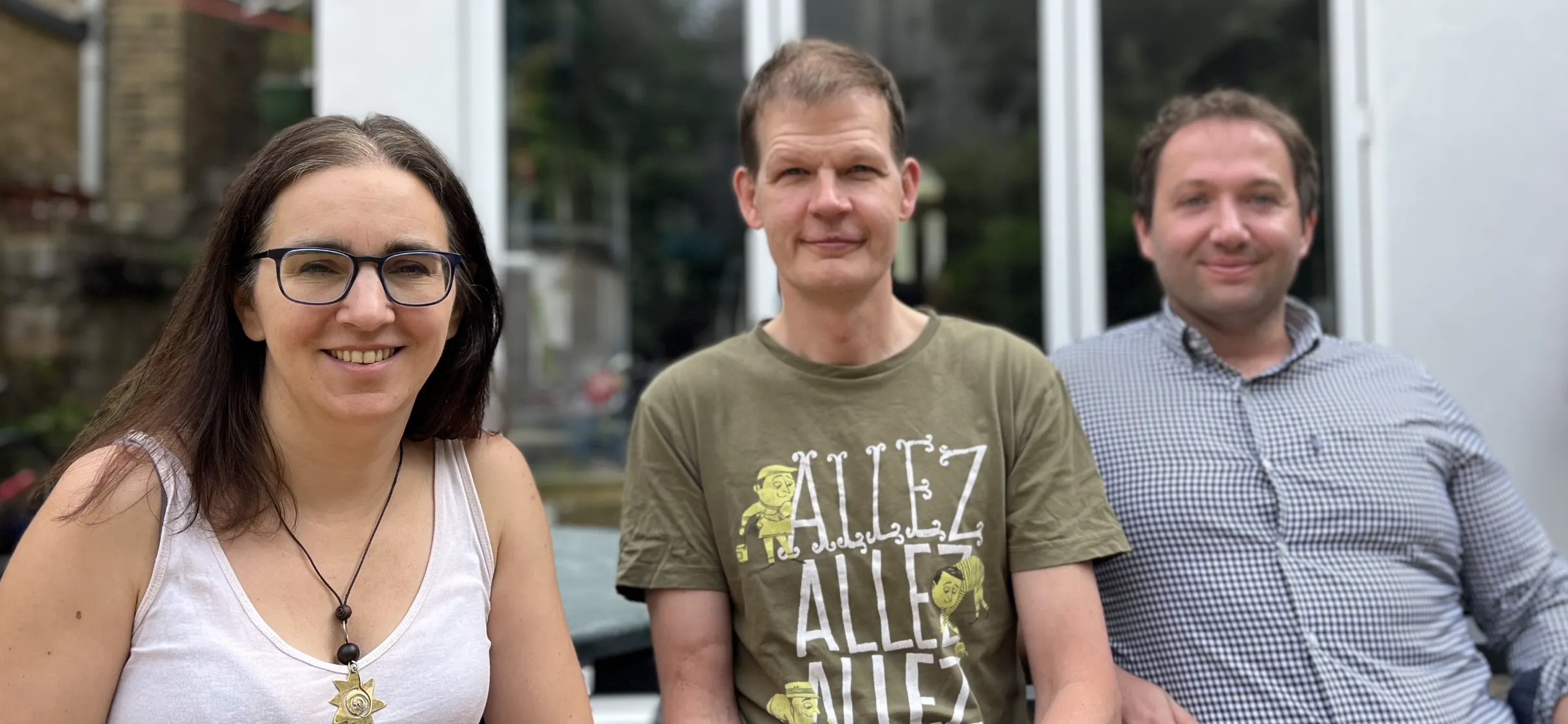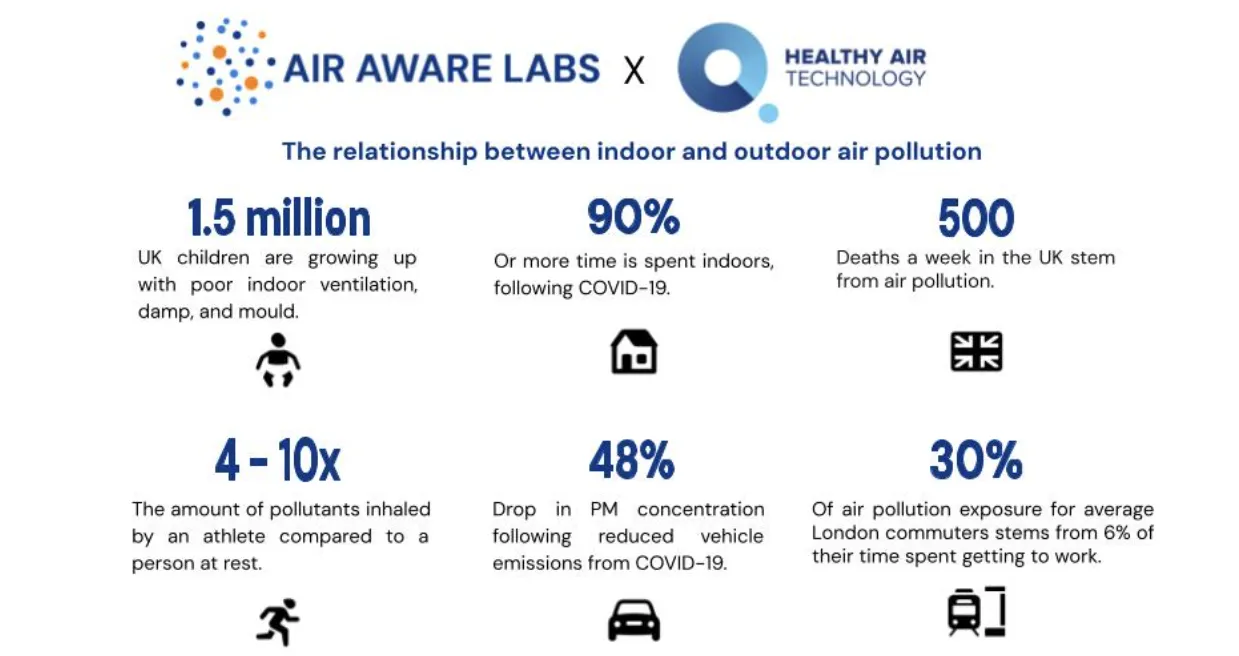Plastic Pollution and the Air

When we think of plastic pollution, we often imagine oceans and landfills, but plastic is in the air too. As plastics break down, they release microplastics into the environment, which can travel thousands of kilometres through the air - from cities to mountaintops. Recent studies show that the average person could inhale 16.2 bits of plastic per hour, which is equivalent to a credit card in plastic each week.
The complex links between air, plastics and pollution
Nanoplastics in the air don't just pose health risks - they also alter cloud formation, sunlight reflection, and precipitation, disrupting the Earth's natural balance. The damage starts before plastics are even used. Plastic production releases harmful air pollutants, particularly in low-income and marginalised communities. Open burning of plastic waste contributes to toxic microplastic and gaseous emissions that degrade air quality. Everyday activities, like driving, contribute as tyre wear releases microplastics into the air - car tyres are the largest source of microplastic pollution from vehicles, far surpassing emissions from aeroplane tyres, brake wear, or road markings.
Only 9% of all plastic ever produced has been recycled. Yet tackling plastic pollution isn't just about waste: it’s about protecting air, water, and ecosystems. In around a year, water refill stations have kept nearly one million bottles out of landfills - and out of our ocean. Reducing single-use plastics, supporting policies for plastic reduction, and improving waste management all contribute to a healthier planet.
What You Can Do:
- Reduce single-use plastics: Say no to straws, disposable utensils, and excessive packaging.
- Reuse: Opt for refillable bottles, bags, and containers.
- Active travel: Reduce car journeys where possible.
- Support clean air legislation: Advocate for stronger air quality standards and better waste policies.
- Stay informed: Use tools like AirTrack to understand your environment and take control of your exposure.
According to leading research, if we implement existing solutions - including reduction, reuse, and improved recycling - we can reduce plastic leakage into the ocean by 80% by 2040. If we don't act, plastic pollution could nearly triple by that time.
Air Aware Labs
At Air Aware Labs, we’re dedicated to improving air quality and protecting public health. AirTrack provides real-time air quality data, empowering individuals and communities to make informed decisions that reduce their exposure to harmful pollutants. Whether it's harmful gases, fine particles, or airborne plastics, we make invisible pollution visible - so people can breathe easier and live healthier.
Abby Manthous, overseen by Dr Will Hicks


.svg)











